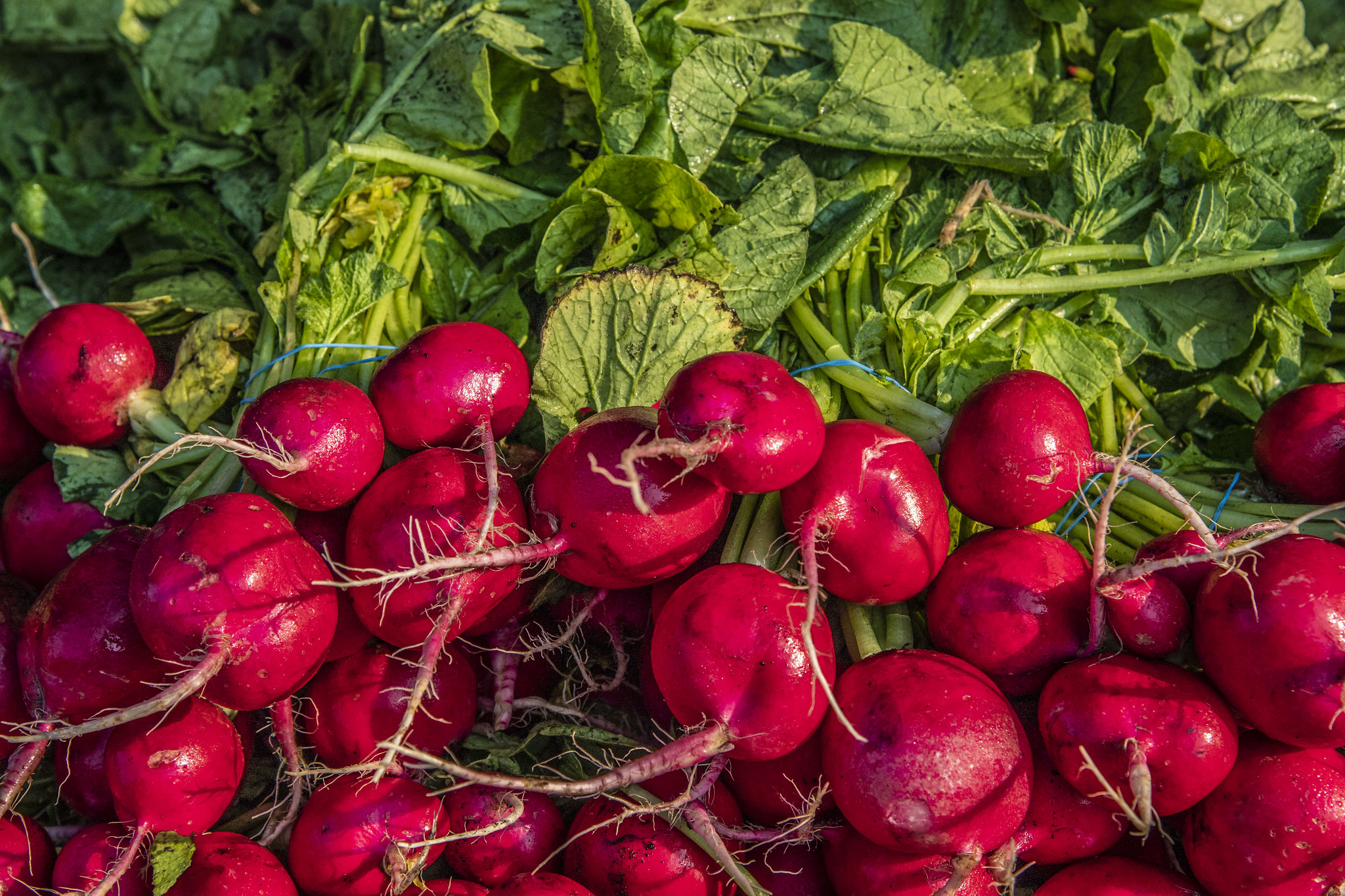Crops
 The effects of climate change on crop production will vary by region, and will largely be a factor of impacts on resources important to agricultural production, such as soil and water.
The effects of climate change on crop production will vary by region, and will largely be a factor of impacts on resources important to agricultural production, such as soil and water.
Soils provide a wide variety of ecosystem services, including regulating carbon through sequestration and providing a structure to support crop plants. Erosion of soil, the primary source for soil particles to leave agricultural fields, may increase in certain areas of the U.S. due to climate change. Some areas of the country will experience less rainfall, causing soils to dry out. Combined with higher winds, this may lead to higher rates of wind erosion. Other areas may experience more intensive rainstorms, which can increase erosion rates by washing out stream banks, for example. Other factors affecting soil erosion that may increase or decrease due to climate change include changing irrigation needs, snowmelt patterns, soil erodibility, conservation practices, and topography.









